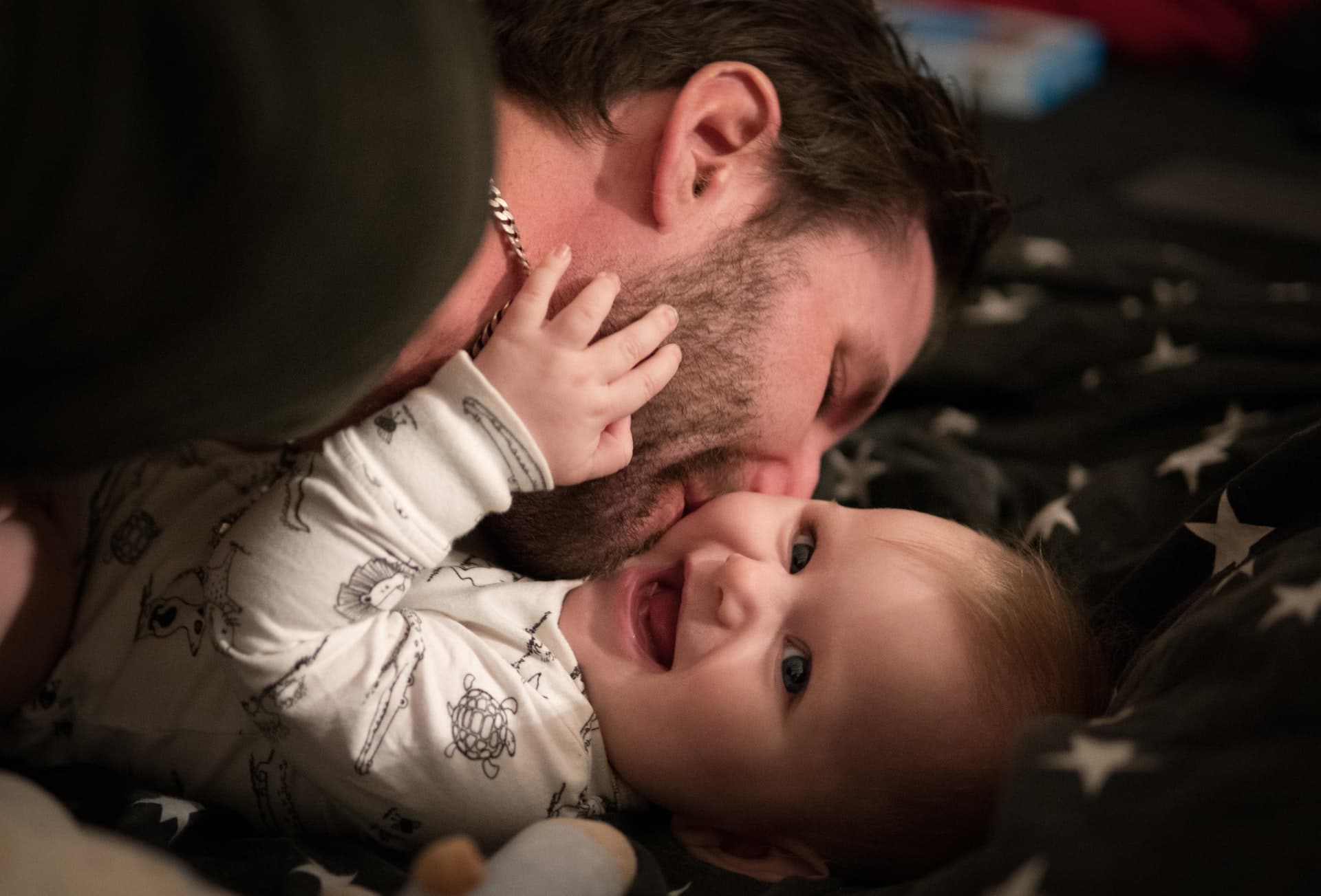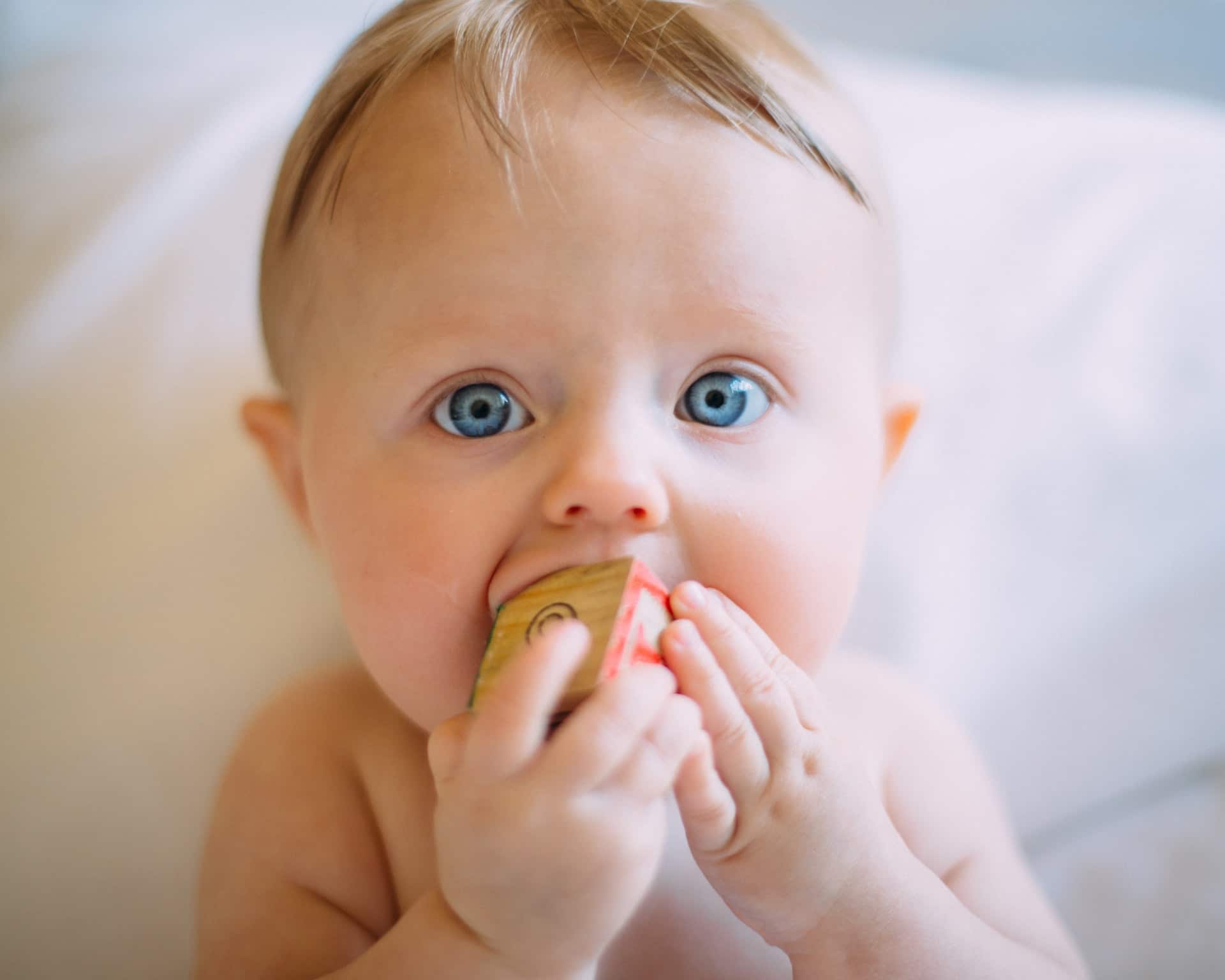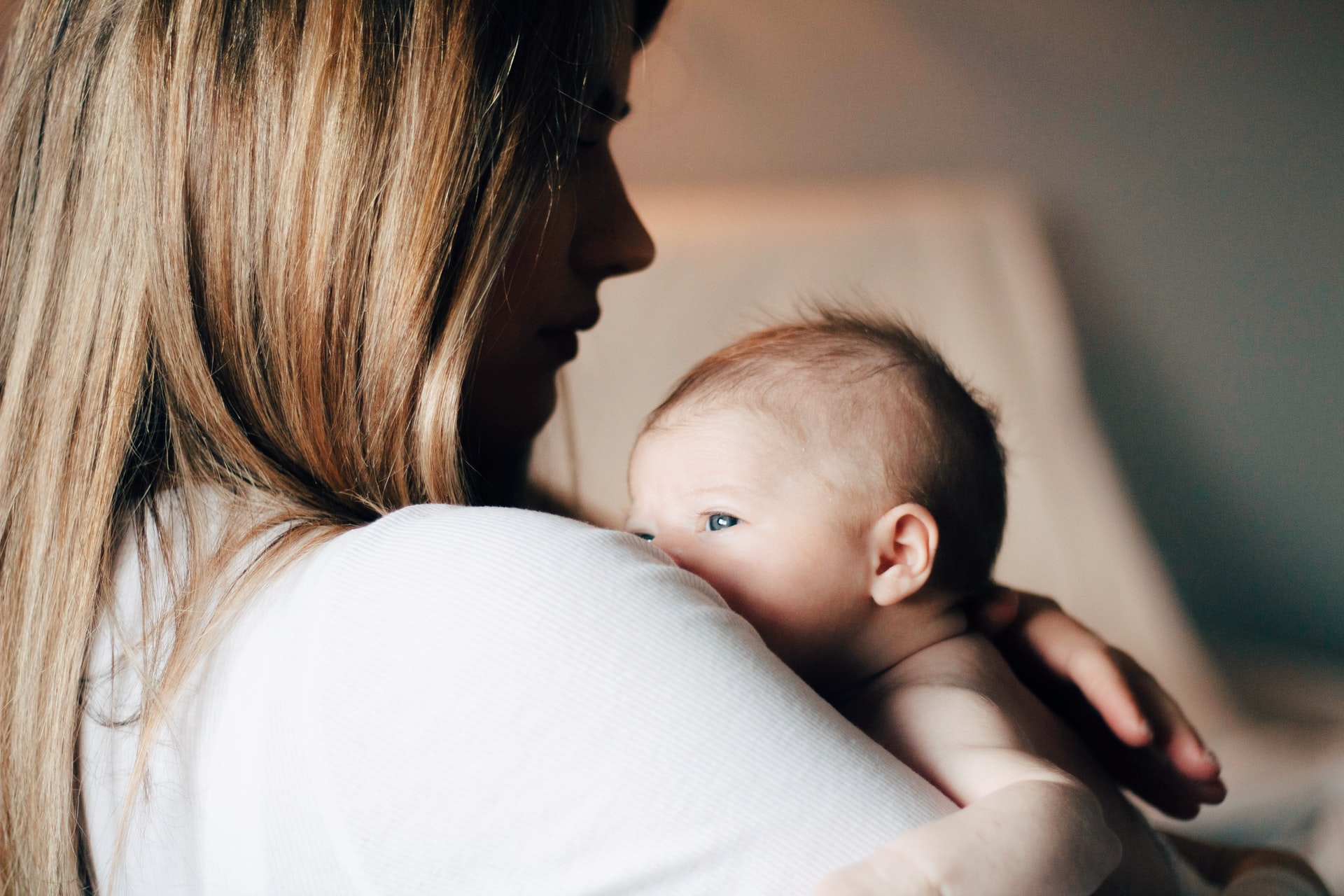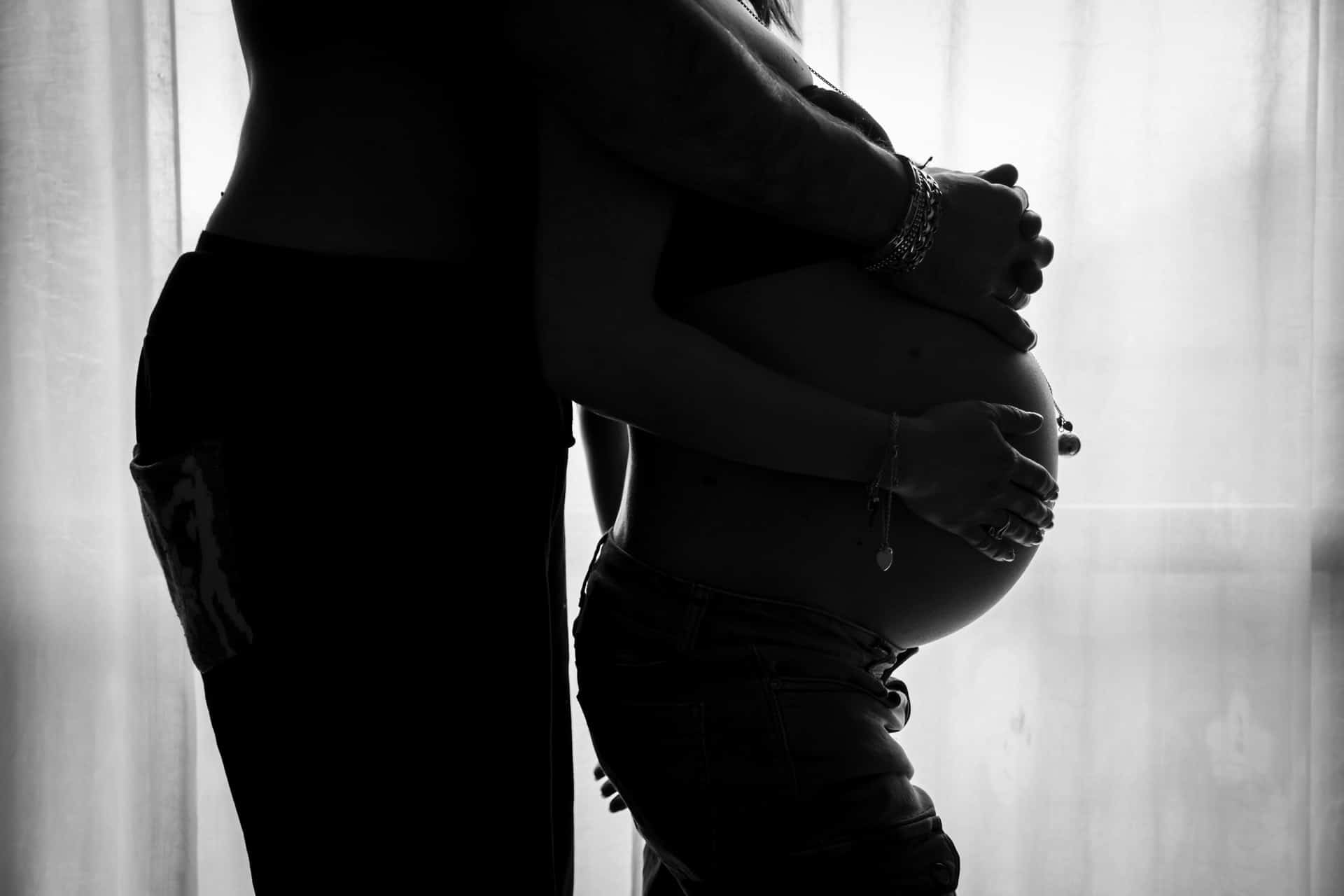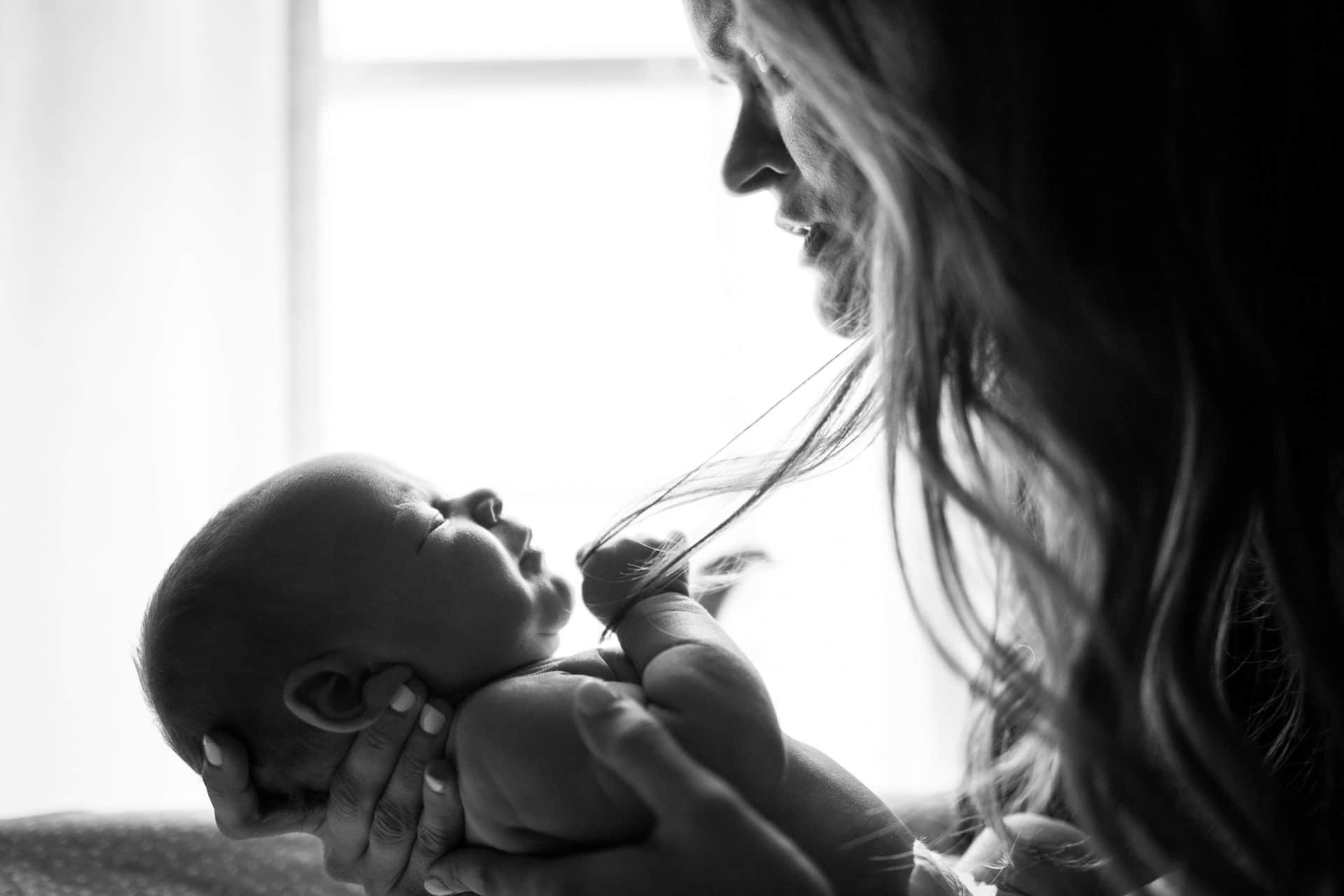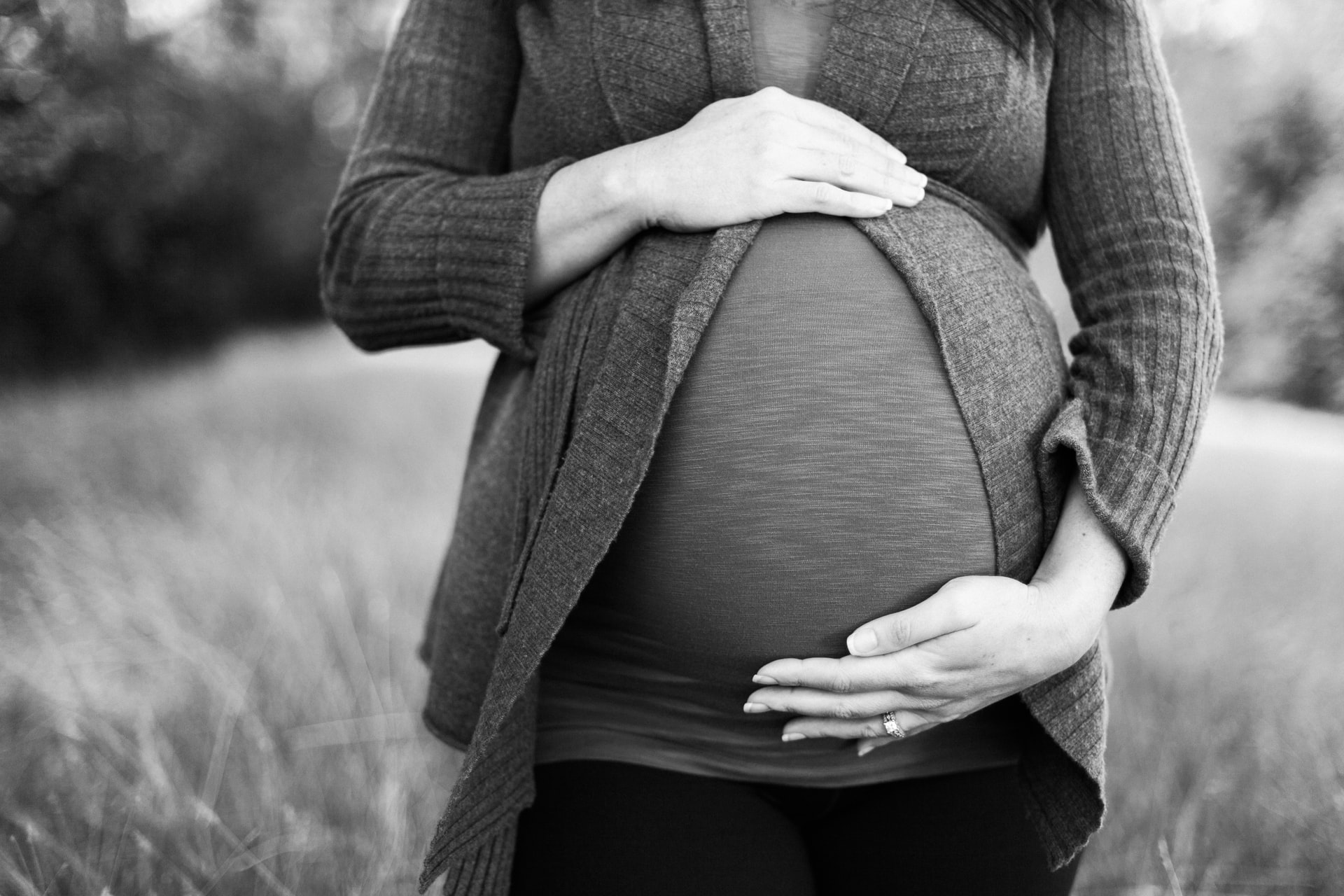
Feeling baby move in the womb is a highly anticipated stage for parents. This unique experience already indicates the first signs of baby’s life. It is also a great opportunity to communicate with him and to feel his presence before birth. The father then seizes this moment to interact with the baby whom he cannot yet see, but whom he can now feel when he moves. The stage at which the parents feel the baby move is a unique experience during which several means are used to interact with the baby.
The moment when baby moves
Generally speaking, the first movements of the baby are felt in the 5th month of pregnancy. In the case of a second pregnancy, they would be visible earlier because of the experience of the mother’s body. If these movements are felt in this period, this does not mean that he does not move before. However, they will be noticeable afterwards. Sometimes the mother feels that the baby is moving inside her womb before the father can see and feel these movements clearly.
The baby alternates between sleep and wakefulness in the mother’s womb. It is when the mother is asleep that he will be more at ease to gesticulate. He will then be more agitated in the evening. The more weight baby gains, the more space he takes up. Daddy will soon feel it!
Communicating with baby in the womb
If dad can feel baby moving around the 5th month as a rule, he can also try to communicate with him in several ways.
It may be difficult for him to catch all the moments when his baby is moving at first. Indeed, the mother can feel the baby moving quickly. Dad needs to be patient and take the time to put his hands down for a few minutes to feel the movements. Baby will eventually show up. Dad needs to touch the belly with “awareness” to better perceive baby’s manifestations. This tactile relationship can help in the relationship with the baby.
There are other ways to interact with baby, however. Indeed, as your baby’s hearing is fully matured by the 5th month, dad can interact with him by emitting the sounds of his voice and telling him about his day for example. Your baby then learns to recognise your reassuring voice.
Developing haptonomy
Haptonomy teaches parents how to better communicate with their baby while he is in the womb. This “science of affectivity” has real benefits for the relationship between parents and baby. The effects are as positive for the former as for the latter. The interest in haptonomy allows a bond of tenderness and complicity to be established between the parents and the baby.
This science is based more on touch, which is the first sense developed by the foetus. Caressing allows parents to have contact with their child, to rock him and to move him. Depending on its reactions, it will be possible to glimpse the baby’s little character traits: curious, lively, etc. The baby will then tend to come and cuddle up just under their hands and then move. These sessions generally offer the child a great deal of emotional security. During these moments, the presence of dad reassures.
Possibility of taking “fatherhood” classes
The experience of a child is unique in the life of a parent. Dad may feel the need to prepare for the arrival of his baby in the best possible way and to experience fatherhood in a more serene way. Workshops can sometimes be a good solution.
Many maternity hospitals organise meetings with health professionals. Discussion groups are run by male obstetricians or midwives. These sessions are specifically designed for fathers and allow them to discuss the questions they have in order to be reassured about any doubts they may have. This allows them to discuss their role as future fathers.

